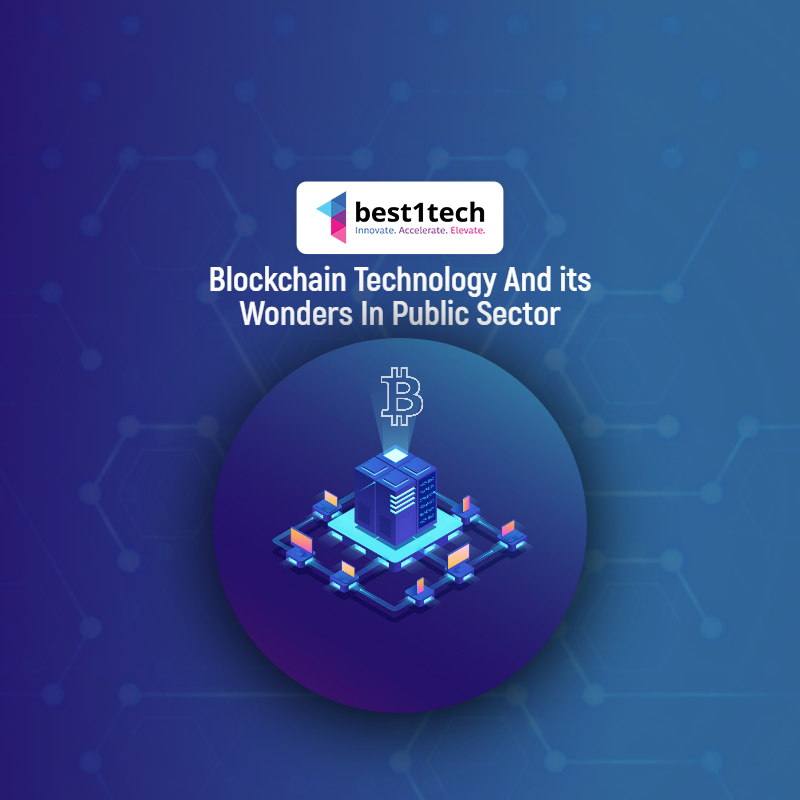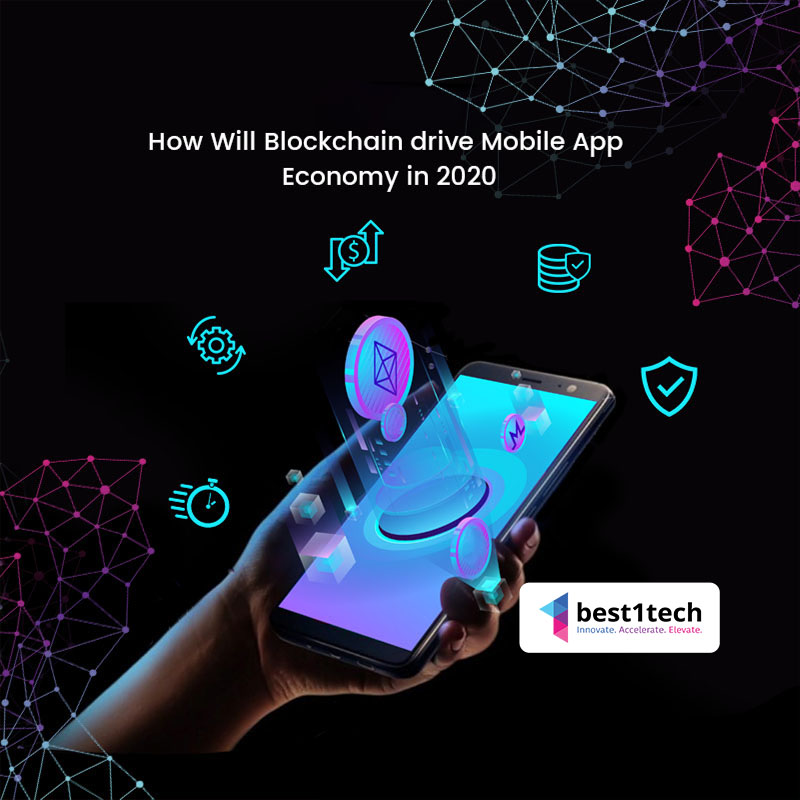Blockchain, the technology behind Bitcoin, has gone from relative obscurity to a dominant topic within a few years. Hundreds of heads of government realized the multi-functional applicability of Blockchain and joined forces.
As this is a relatively new technology in practice, but more importantly, a new profession, the blockchain ecosystem is rapidly evolving to restrict use cases and working together to test and explore its potential. With many options for accounting-based solutions, the first step which the developers are heading with is to responsibly identify viable blockchain challenges and then test and develop the corresponding solution. As the blockchain ages, we anticipate unexpected new applications for the government that will increase citizens’ trust, security and efficiency.
According to a Deloitte survey, 53% of respondents stated that blockchain is one of the most prioritized technology for organizations.
How Governments Can Deploy Blockchain In Their Segments?
Not staying limited to accountability and tracing, Blockchain technology is making its way various new segments that are attributed to public and government entities.
Starting with,
Government and utility services
Utility management is another area where Blockchain can help reduce paper-based processes, minimize fraud, and increase accountability between authorities and to those they serve.
The individual U.S. States are committed to enjoying the advantages of Blockchain. They are more inclined to create appropriate legal infrastructure for distribution.
Law enforcement
In police investigations, maintaining the integrity of the evidence chain is critical for a distributed and trying to forge document tracked through the Blockchain to provide an additional layer of security for the evidence processing process. Also, Blockchain can be used to identify specific types of transaction patterns, while notifying the officials if a person engages in suspicious financial activities.
Election and voting
Elections require voter identity authentication, secure records to maintain votes, and reliable counts to determine the winner. In the future, blockchain tools can serve as the necessary infrastructure for voting, tracking, and counting votes, potentially eliminating the need for recounts, eliminating electoral fraud, and lack of speculation.
The technology aims to prevent electoral fraud using a modified blockchain registry. The platform was tested in a limited capacity during the Sierra Leone elections in 2018 and showed results close to those of official counts.
Weapon Tracing
The Blockchain Distributed Registry offers several options on ownership and use of firearms. If information related to gun ownership were registered and connected via the Blockchain, it could provide a connected infrastructure to track where the weapons came from in case of illegal use.
In the long run, there are other possibilities in creating public-private partnerships around this information, such as linking existing data from the exclusion list to records of blockchain transactions to more effectively prevent the illegal purchase of illegal weapons.
Intermediary Assistance
The adoption of Blockchain can help to optimize the public aid system, which is stuck in bureaucracy. For example, the United Nations World Food Program (WFP) uses Blockchain to provide humanitarian aid to refugees safely and privately. As refugees are generally unable to open bank accounts, the WFP can send help directly using biometric and Blockchain authentication technologies to verify and record transactions.
Moreover, according to coindesk, China is about to launch its national blockchain platform, which is part of the country’s main strategy to lead the digital transformation of the global economy.
What To Expect With Blockchain Technology In The Long Run?
Enthusiasm for the technology is growing as agencies test and execute supply chain, blockchain applications for payments, identity management, secure data sharing, and more. We saw firsthand the tangible benefits that Blockchain can bring to government customers. The count of potential public sector blockchain applications continues to grow. And this trend is estimated to remain for a long time, as the technology comes out to be a game changer.
Best1Tech has major role in blockchain-based offerings. We have expertise that can breakdown every challenge with the support of blockchain products and integration and mold it as per your requirements.


